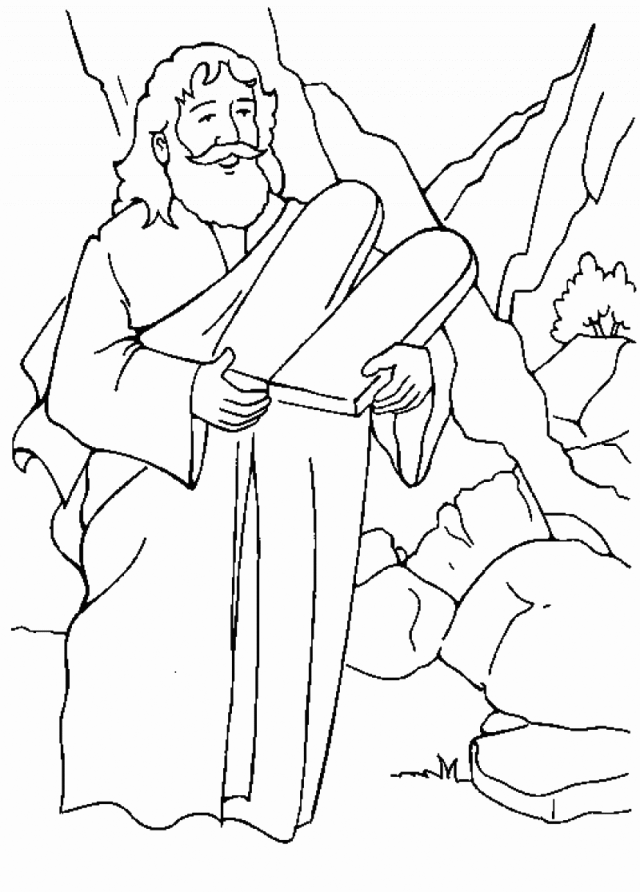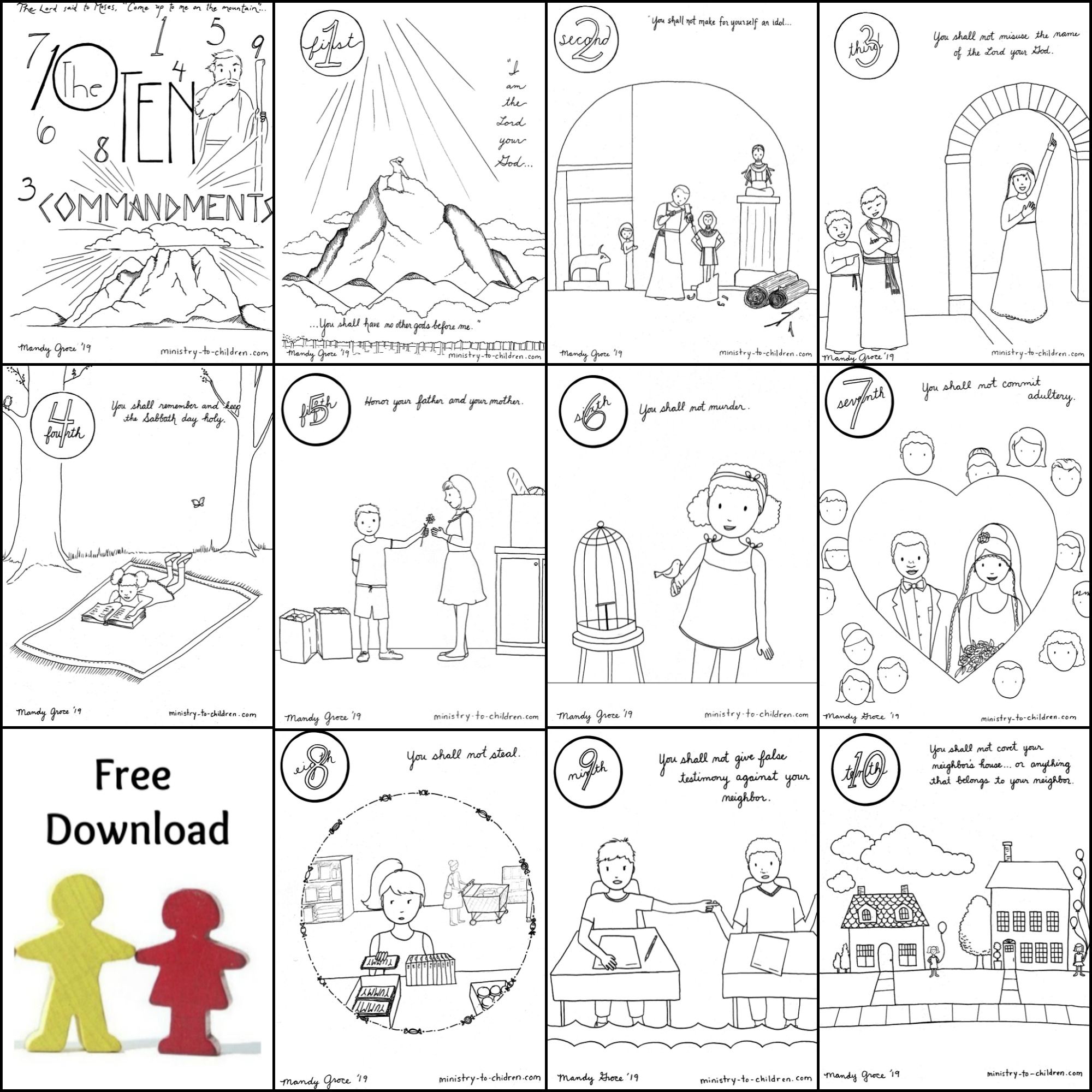Unit 3: The Old Covenant (prayer book p. 846): 1 October
Q. What is meant by a covenant with God?
A covenant is an agreement between two or more persons. It is an agreement based on
relationship.
Q. What is the Old Covenant?
The Old Covenant is how the people related to God as described in the Old Testament in the Bible. The Old Covenant is sometimes called the covenant of works.
We cannot save ourselves, however hard we try. We are saved under the covenant of grace given in Jesus Christ. Grace is a free gift. We in no way earn it.
Q. What response did God require from the chosen people?
God required the chosen people to be faithful; to love justice, to do mercy, and to walk humbly with their God.
Q. Where is this Old Covenant to be found?
The covenant with the Hebrew people is to be found in the books which we call the Old Testament.
Q. Where in the Old Testament is God’s will for us shown most clearly?
God’s will for us is shown most clearly in the Ten Commandments.
Discussion: Read the following passages aloud from the Bible:
- Exodus 20.1—3; Deuteronomy 5.1—7
- Because God has chosen us to be His people, what do we have to do to respond to this call?
a. Is it ever an option to just be a “spectator” and not choose whether or not to be in relationship with God, to follow Jesus?
If I am not in relationship with God, can I respond to His grace? If I am not in relationship with God, how does this affect my relationship with other people?
- When Jesus first calls His disciples He says “Follow me.” He is speaking to people living under the Old Covenant. a. He also speaks these words to us.
- What can we point to in the Old Testament of the Bible that applies to us?
Exercise: Draw a picture of Jesus calling James and John (Mark 1.16—20).
Discussion: Read Matthew 22.34—40. Jesus summarizes “the Law and the prophets” (i.e., the Old Covenant) by quoting Deuteronomy 6.4—5 and Leviticus 19.18. Read the Deuteronomy and Leviticus passages in context.
- Compare Jesus’s summary of the Law and the prophets with the Ten Commandments (Exodus 20.1—17).
- Even if we don’t curse or misuse God’s Name, or the name Jesus Christ, what do we say about our relationship with God if we just say something like “Oh, my God!” to express surprise, amazement, approval?
- How do we keep the presence of God holy in our lives?
- Talk about holy habits:
- For example, what about Sunday worship? Look at Exodus 20.8.
- Is Sunday worship just one priority among many?
- For example, what about Sunday worship? Look at Exodus 20.8.
- Talk about holy habits:
- How do we keep the presence of God holy in our lives?
- Even if we don’t curse or misuse God’s Name, or the name Jesus Christ, what do we say about our relationship with God if we just say something like “Oh, my God!” to express surprise, amazement, approval?
Exercise: Forget about obligation for a little while. Have your child describe the
benefits he/she experiences from Sunday worship.
Q: We have rules at home and rules in school.
—What happens when you don’t obey a rule?
—When you don’t obey a rule, does this change how your parent or teacher relates to you? How about how you relate to your parent or
teacher?
—Let’s look at where God gives rules that apply to all people in all times and places.
Read the Ten Commandments, Exod. 20.1—17. Use the following link for a kid-friendly version:
Pick one of the images from the following link for your child to color.

